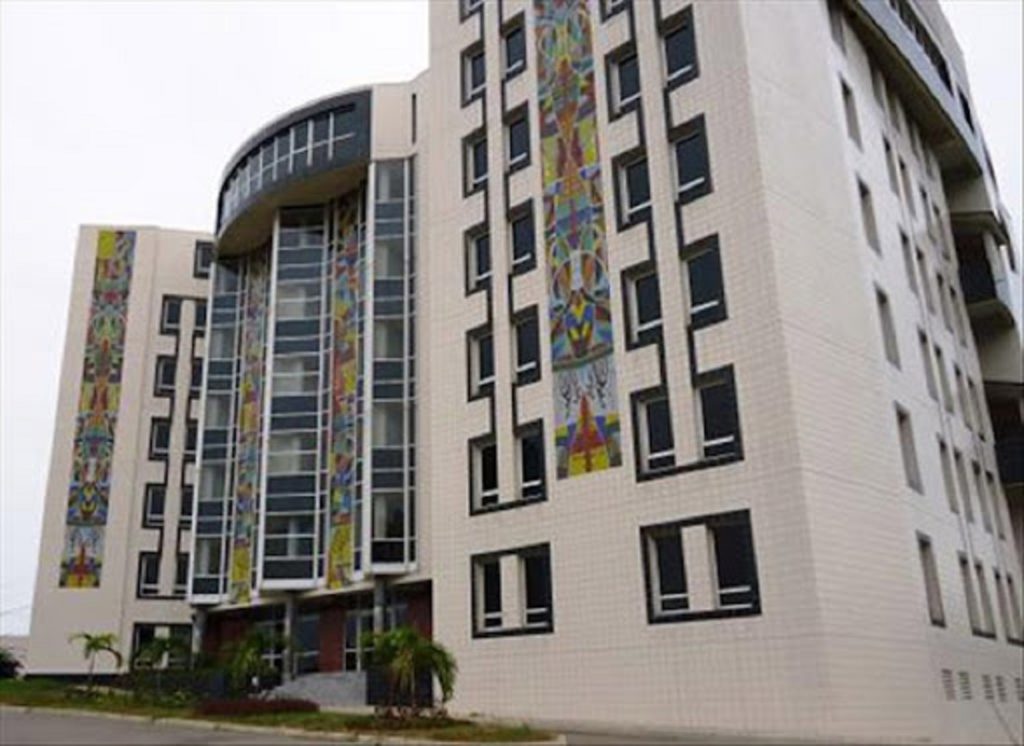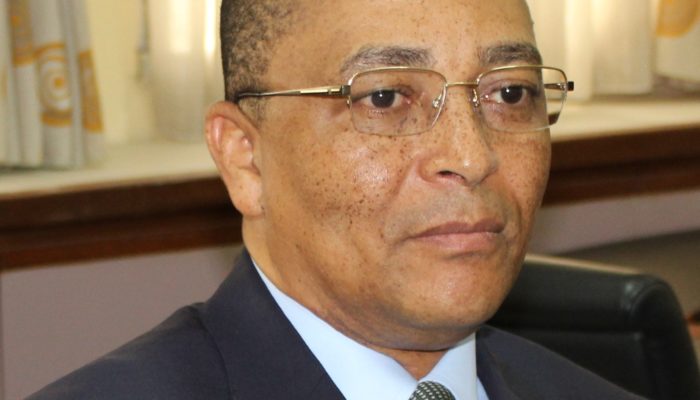Cold snap on the process of transferring funds and assets assigned to the Caisse des Dépôts et Consignations (Cdec) of Cameroon. While the institution has already collected several billion CFA francs from banking establishments, the sector regulator has decided to sound the alarm.
In a circular letter signed on July 11, and addressed to banks, microfinance institutions and payment institutions, Marcel Ondele, the Secretary General of the Central African Banking Commission (Cobac), indicates that the transfer by the latter of unclaimed assets in their books to the Cdec requires prior clarifications on their nature, the terms of conservation, management and restitution. These assets designate funds and securities that have not been claimed by their holders for an extended period. “To date, there is no regulatory framework in the Economic and Monetary Community of Central Africa (CEMAC) governing the above-mentioned points, except for rules relating to the accounting treatment of these assets,” writes the banking regulator, which says it has initiated work at the community level aimed at legally supervising the treatment and transfer of these assets by its subjects.

“In view of all the above, I ask you to suspend the process of transferring unclaimed assets to the Cdec of Cameroon pending clarification of the aforementioned points,” concluded Marcel Ondele. Cobac is not the first institution to sound the alarm on this process initiated by the Cameroonian State. Last May, the Director General of the National Social Security Fund (CNPS) invited the banks where his institution’s accounts are housed to object to the Cdec’s request. “The least legal rule for a possible financial collaboration between the Cnps and the Cdec in search of funds for its operation, would be, at the very least, the signing of a bilateral agreement setting out the agreement of the parties, the obligations of each party, the rates of remuneration of the obligations of the Cnps, the repayment schedules, etc.,” wrote Noël Alain Mekulu Mvondo, adding that an attempt at forced recovery of these assets would be tantamount to misappropriation of public funds.
Cameroon has not yet reacted to this sweeping decision that suspends a process that, willingly or unwillingly, was evolving. To date, at least 27 billion CFA francs have been transferred by several institutions including Société Générale, Bicec, Standard Chartered Bank, SCB, Crédit Foncier du Cameroun and even Beac Cameroun, thus meeting the deadline of May 31, 2024 set by the Cameroonian Prime Minister. The Cobac correspondence does not provide details on what will happen to the funds already transferred to the Cdec accounts.
According to the law According to the 2008 law governing deposits and consignments and organized by decree No. 2011,-105 of April 15, 2011, public and private resources falling within the scope of the Cdec are classified into 4 categories: deposits (client funds held by legal assistants, deposits made by notaries, administrators and legal representatives, in execution of their functions, funds from inactive accounts of banking establishments, etc.), administrative consignments (sureties for public accountants and ministerial public officers, sureties on public contracts, consignments for criminal labor, etc.), judicial consignments (sureties for release, funds from judicial settlements and liquidation of assets, funds placed in sequestration, etc.) and conventional consignments (sureties with water, electricity, telephone companies, etc.).






